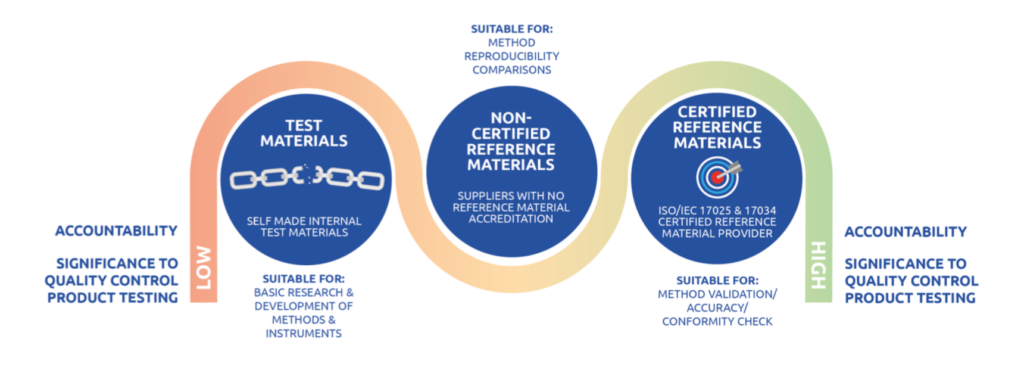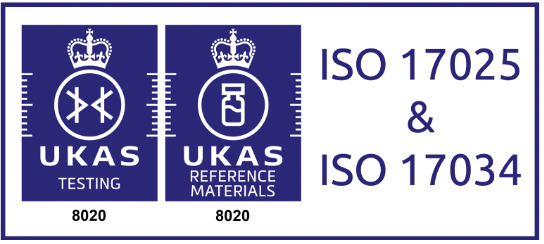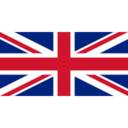Importance of Independence & Accreditation for Certified Reference Materials (CRMs)
Who are Altus Science?
Altus Science are a Certified Reference Material (CRM) provider, focusing on Total Organic Carbon (TOC) and Conductivity CRMs for all makes of TOC & Conductivity analysers.
Trading since 2012, Altus work to a very stringent quality management system (QMS). We were successfully assessed by UKAS, and audited to both ISO 17025 and ISO Guide 34 in July 2013. Altus Science have since earned accreditation to the new ISO standard, ISO 17034. The culture of quality is a fundamental foundation of Altus’ business, and we operate to both the letter and the spirit of our QMS.
Based in Manor Park near Liverpool, Altus Science operates a tightly controlled manufacturing & distribution facility, serving Pharmaceutical & Life Science customers worldwide. The success of Altus Science can be attributed to the quality and reliability of the CRM regardless of the instrument manufacturer
Importance of Independent Calibration & Verification
Independent calibration and verification plays an important role in analytical instrumentation as it helps corroborate the quality and reliability of the data gathered from a piece of measuring equipment. The data collected by a piece of analytical instrumentation, can only be relied upon as much as the quality of the CRMs used to calibrate it. Hence, it is important to use CRMs that are NIST-traceable and produced by accredited manufacturers.
The better the data quality, the more useful it is. Inaccurate data creates problems, as it can cause users to come to incorrect conclusions. Actions taken based on those conclusions might not have the expected effects, since they involve inaccurate data. Though some instrument manufacturers will encourage companies to use exclusively their own branded standards, using an accredited third-party ensures there’s no bias or skewing of results.
One of the main benefits of using independent, third-party CRMs is that the calibration or verification is carried out using a completely impartial body, rather than the instrument manufacturer (first-party) or the customer (second-party/ self prepared standards). The primary objective of an independent, accredited CRM provider, is to manufacture the highest quality CRM.
There is a hierarchy of standards manufacture, the selection of a CRM supplier should be considered carefully. Not all certificates are created equal. A privately branded CRM may not be accredited to ISO17034 and as such is not a legally defensible CRM. For laboratories with diverse testing responsibilities, the manufacture of internal check standards may appear cost effective. If used for calibration or compliance purposes, internal check standards may be subject to rigorous scrutiny from external auditors.
If a true CRM from either an ISO 17034 accredited body or a National Metrology Institute are used, external auditors recognise the traceability and legal acceptance. Using independent CRMs is likely to lead to better and more consistent data across multiple instruments, giving full confidence in the process and results. Even the occasional use of independent CRMs alongside the more frequent use of first- or second-party CRMs can strengthen the reliability and validity of the data gathered from an instrument.

What are the benefits of CRMs from Altus Science?
Altus Science are a Certified Reference Material (CRM) provider, successfully assessed by UKAS, and earned accreditation to ISO 17025 and ISO 17034. The culture of quality is a fundamental foundation of Altus’ business, and we operate to both the letter and the spirit of our QMS. Altus Science operates a tightly controlled manufacturing & distribution facility, serving Pharmaceutical & Life Science customers worldwide.

An independent, privately owned business Altus are able to strategically plan the fairest and most sustainable approach for customers over the long term. Offering technical support, Altus define customers’ success as their own. During every step of the process, they help customers calibrate, verify and validate using Altus’ own products.
In some facilities multiple analysis technologies may be employed, On-Line or in the Laboratory. The differing technologies and applications can lead to inconsistencies in data. Altus Science help with independent practical advice on how to get the most out of the chosen technology and also suggest the limitations that technology may have for a given application, based on technical expertise & the experience of other customers.
Altus Science’s testing facility is equipped with most TOC analysers that are available on the market. These include TOC technologies such as UV with Direct Conductivity TOC, UV with Differential conductivity, UV Persulphate with Membrane Conductivity, UV Persulphate with Nondispersive infra-red (NDIR) and High Temperature Catalytic Oxidation with NDIR, as well as multiple brands of Conductivity Sensor.
Quality Always Wins
With both the togetherness of a tightly knit team and a global network of channel partners trained and certified for calibration services, Altus Science are able to offer responsive and reliable support, helping minimise instrument downtime and the cost of ownership. Whilst we supply impeccable CRMs, Altus Science have the humility to recognise we are not perfect. We are completely accountable for the quality of standards and services. If any customers are dissatisfied with their products, Altus will work to resolve the situation in a way that works best for the customer. This could be a full refund, complimentary technical service or replacement items expedited quickly.
For other news posts, please visit our News Page.

